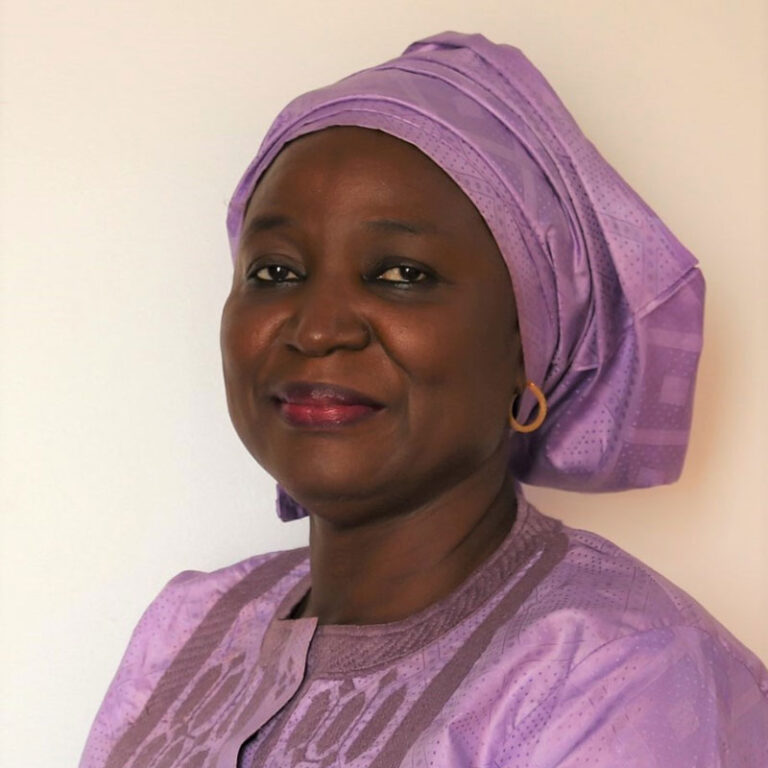The African Commission on Human and Peoples’ Rights (ACHPR) has called on African Governments to put in place policies that level the technological playing field for women and men, including enabling capacity building and access to financial resources, and adopt actionable measures to eliminate violence against women online.
In a statement issued on its behalf on March 8 to commemorate the 2023 International Women’s Day by its Special Rapporteur on the Rights of Women in Africa, Commissioner Janet Ramatoulie Sallah-Njie, the Commission urged the African continent not to be left behind in the fast-changing digital space and “most importantly, not to leave the women behind.”
Commissioner Sallah-Njie said: “A world where women and men are equal is a world that thrives and is sustainable. Development of the continent cannot move exponentially if more than half of the population i.e. women are disallowed to participate in its development.’
Urging countries in Africa to seek as much information as possible through information sharing and engagement with development partners on how best to increase access to the internet for women in their respective countries, she stressed that “it is important for women to access digital technologies in order to equally participate in educational endeavours, freedom of expression, social interaction, economic and political activities as effectively as their male counterparts.”
According to Commissioner Sallah-Njie, the UN Women’s Gender Snapshot 2022 report indicates that the exclusion of women from the digital space has resulted in shaving off $1trillion from the gross domestic product of low- and middle-income countries in the last decade while in Africa, it was reported that 73 percent of women own a mobile phone compared to 84 percent of men.
Similarly, she said, 46 percent of women have access to the internet compared to 50 percent of men, describing the trends as “worrisome given that it is important for women to access digital technologies in order to equally participate in educational endeavours, freedom of expression, social interaction, economic and political activities as effectively as their male counterparts.”
Commissioner Sallah-Njie noted that women can use the internet to access job opportunities, start businesses, access health, social and financial services all of which will help in achieving gender equality, adding: “In particular, the use of mobile money, which is increasingly becoming popular in Africa, has been linked with increased chances of self-employment and entrepreneurship amongst women.”
She identified barriers to access to the internet by women to include the costs involved, which have been compounded by the existing economic disparities; lack of appropriate infrastructure to enable women’s access, as well as inadequate safety measures for women to freely participate online without being subjected to violence.
Identifying measures that have been take on the continent to close the digital gender divide and achieve gender equality through innovation and technologies, Commissioner Sallah-Njie recalled that the Commission in its 2019 Declaration of Principles on Freedom of Expression and Access to Information in Africa emphasised the importance of promoting gender equality in access to and the use of digital technologies.
She said: “The Declaration addresses specific barriers that women and girls face in these areas. Principle 3 specifically calls for the overall elimination of all forms of discrimination against women and girls in meaningfully accessing and using digital technologies.”
Besides, she added, “Various principles in the Declaration also provide for gender sensitivity and gender-responsive access in efforts of ensuring equity and inclusion of women, as well as to overcome bias and stereotypes that are often imbedded in technology. For this to be successful, innovation is critical, to ensure that new opportunities are created for women to participate in the digital economy.”
Commissioner Sallah-Njie noted that the Principles in the Declaration also call for the promotion of women’s participation in the digital sector, including in leadership position, meaningful decision-making roles and in the development of digital technologies.
In addition, she said, the Declaration calls for measures to be taken in addressing online violence against women and girls, including cyberstalking, harassment, and other forms of gender-based violence and calls for the development of legal and policy frameworks that ensure that digital technologies are inclusive and equitable, meeting the needs of the users, including women.
The Special Rapporteur stressed that “It is important that these legal and policy frameworks anticipate and ensure prevention and response to online violence against women and girls, applying a multi-faceted approach that will guarantee multi-stakeholder support for the frameworks.”







